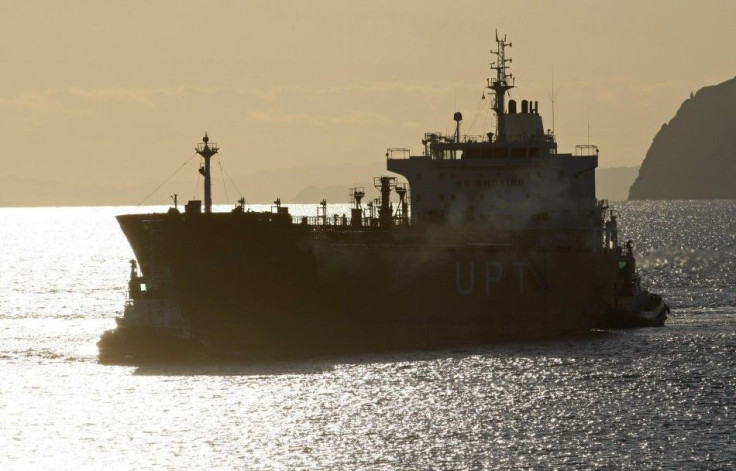Iran: With Sanctions Looming, India Becomes Top Oil Buyer

India replaced China as the top purchaser of Iranian oil in the first quarter of 2012.
India, the fourth-largest consumer of oil on the planet, has long been one of Tehran's top buyers. Last year, around 12 percent of India's oil - roughly 350,000 barrels per day -- came from Iranian oilfields.
In the first quarter of 2012, that figure has increased by 23 percent and India now imports some 433,000 barrels of oil per day from Iran, substantially more than China's 256,000 bpd. India's purchases peaked in January, when the country bought 530,000 bpd, according to Reuters, and have been slowly decreasing since.
Last year, China took in 20 percent of Iran's total oil exports, but has recently been looking to other sources, such as Saudi Arabia. But with sanctions by the west looming against Iran, China is expected to pick up its imports again as Iran is forced to sell at a discount.
The first quarter was likely the exception to the rule ... China took a strong stance on negotiations, but its imports will clearly rise again as it takes new term contracts, David Wech, an analyst at JBC Energy, told Reuters.
Oil accounts for 80 percent of Iran's total exports and 85 percent of the government's revenue, but new sanctions from the European Union and the United States could threaten that economic inflow. On Tuesday, Iranian President Mahmoud Ahmadinejad proclaimed that Tehran has so much (cash) reserves that even if we don't sell oil for two to three years, the country will be administered easily.
But the sanctions are having an effect on Iranian trade already. The EU's total embargo -- which will start in July -- and Iran's pre-emptive counter-sanctions means that Tehran needs to find new business partners while also selling more to places like China and India.
To do so, Iran has been offering oil at zero-percent interest for six months to a handful of potential customers in Asia, including India, according to UPI. The credit amounts to about $1.20 to $1.50 a barrel, or a 7.5 percent discount.
However, the United States' sanctions -- which force international companies and governments to choose between doing business with either the Washington or Tehran, but not both -- have put diplomatic constraints on India. To get around the American sanctions, also set to begin around June or July, Iran has allowed India to pay for oil with rupees, gold and even food and consumer goods.
India is now sending soy beans and wheat to Iran in exchange for tanker-loads of oil, while China is reportedly buying Iranian petroleum in exchange for such items as washing machines, refrigerators, electronic goods, toys, clothes, cosmetics and toiletries, according to Bloomberg.
India may also reconsider joining a pipeline project that would send natural gas from Iran's South Pars gas field through the Persian Gulf and into Pakistan, Tehran Times reported.
© Copyright IBTimes 2024. All rights reserved.











